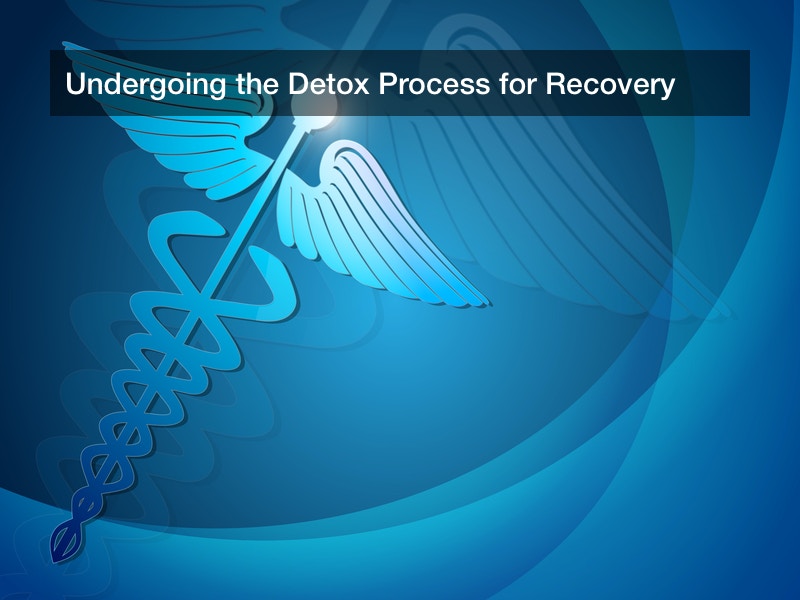
The modern American medical industry is a big one, and it takes a wide variety of forms. Some Americans are in critical condition and need to be rushed to the emergency room, while minor, everyday medical problems call for a visit to walk in clinics. Many Americans see a doctor for a diagnosis of their medical problem and may get referred to a specialist. In fact, some doctors practice telemedicine, when they see patients online through Skype or other video chat services. Meanwhile, many American adolescents and adults are addicted to drugs, and those drug addicts are strongly urged to visit adult detox centers to undergo the detox process and become free of drugs. The same may be true of addiction to alcohol, which will also include a detox process. What is there to know about the detox process, or telemedicine for patients who need a remote doctor?
Becoming Free of Drugs
While many American adults and even adolescents are addicted to drugs, this dangerous and expensive lifestyle does not have to be permanent, and detox centers can help. Every year, many drug addicts visit these medical sites to undergo the detox process with close medical supervision, and this is the first major step to recovery. Many Americans are regularly abusing painkillers or opioids such as heroin, which can have a devastating impact on a person’s life or even endanger that life. Fortunately, medical help is always there for those who need it. A drug addict may undergo an intervention, when concerned family members and friends encourage them to seek recovery. Should the drug addict agree, they will visit a detox center, where they will undergo the detox process for a few days. This process will not be pleasant, but medical staff will be there to help in case something goes wrong. It is very risky to undergo the detox process alone at home, since there is a high risk of relapsing, or the person may suffer dangerous withdrawal symptoms and there will be no one to help.
Once the detox process is complete, the addict has removed all drugs from their body, and they may get counseling and therapy to help them adjust to a lifestyle that is free of drugs, which will often include emotional support and encouragement. The same is true for an alcoholic, who may turn to medical help and counselors to help them lead a drug and alcohol-free life.
Visiting the Doctor
Many Americans regularly visit a doctor’s office for examinations, and aside from a person’s private physician, that person may visit a nearby doctor’s office as soon as they develop a medical issue. A person’s private physician requires an appointment, but other doctor’s offices can be visited at will, such as the office of an ENT doctor (ears, nose, throat). This is a common practice, but for some patients, going to the doctor’s office may be a real challenge. Why? These patients might not have access to proper transportation to get to the doctor’s office at all, or they may suffer from serious social anxiety or sensory issues that would overwhelm them in a doctor’s office. In other cases, a patient may not like the idea of visiting a crowded waiting room with other sick people, and doctor’s offices are well known for having a lot of bacteria in them.
This does not mean that an office-adverse patient has to give up all medical assistance, though. Instead, they may turn to the new but rapidly-growing field of telemedicine. This is when doctors can be consulted virtually, by means of live video chat services such as Skype and the like. An interested patient can search for virtual doctors in their area, with queries such as “virtual doctors in San Diego CA” or “telemedicine services in Manhattan” and find some results. These virtual doctors, with both video and audio, can listen to their patient and see any physical symptoms that the patient shows them, and perform their exam work remotely. What is more, these doctors can use Cloud data storage to access any patient’s medical records as needed, so that they can make a more thorough and accurate diagnosis for any patient.
